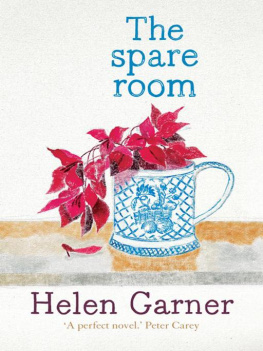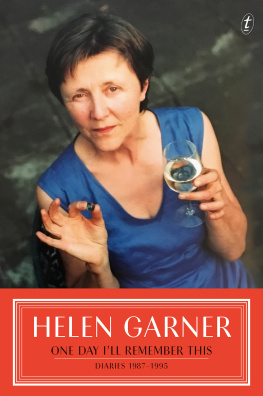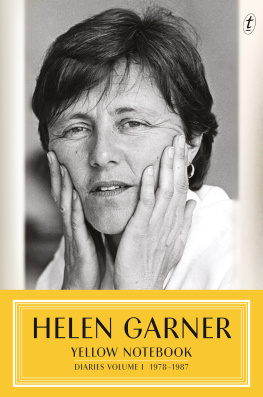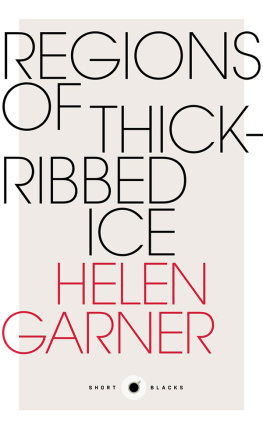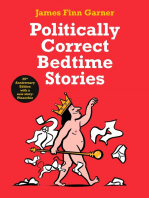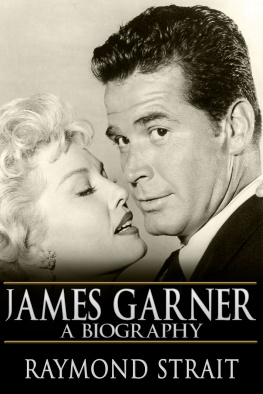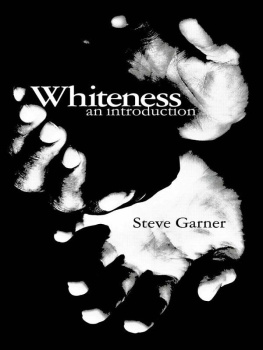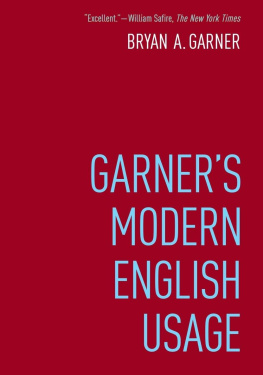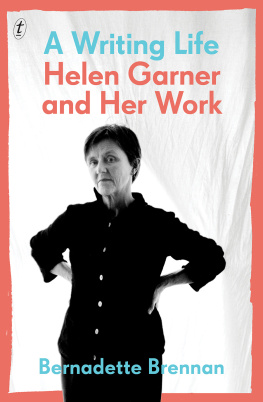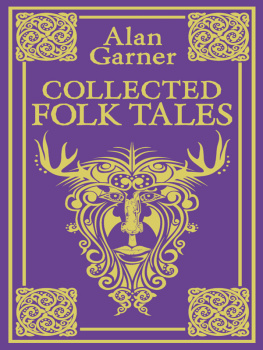Helen Garner - True Stories: The Collected Short Non-Fiction
Here you can read online Helen Garner - True Stories: The Collected Short Non-Fiction full text of the book (entire story) in english for free. Download pdf and epub, get meaning, cover and reviews about this ebook. year: 2017, publisher: The Text Publishing Company, genre: Detective and thriller. Description of the work, (preface) as well as reviews are available. Best literature library LitArk.com created for fans of good reading and offers a wide selection of genres:
Romance novel
Science fiction
Adventure
Detective
Science
History
Home and family
Prose
Art
Politics
Computer
Non-fiction
Religion
Business
Children
Humor
Choose a favorite category and find really read worthwhile books. Enjoy immersion in the world of imagination, feel the emotions of the characters or learn something new for yourself, make an fascinating discovery.
- Book:True Stories: The Collected Short Non-Fiction
- Author:
- Publisher:The Text Publishing Company
- Genre:
- Year:2017
- Rating:3 / 5
- Favourites:Add to favourites
- Your mark:
True Stories: The Collected Short Non-Fiction: summary, description and annotation
We offer to read an annotation, description, summary or preface (depends on what the author of the book "True Stories: The Collected Short Non-Fiction" wrote himself). If you haven't found the necessary information about the book — write in the comments, we will try to find it.
Garner is scrupulous, painstaking, and detailed, with sharp eyes and ears. She is everywhere at once, watching and listening, a recording angel at lifes secular apocalypses...her unillusioned eye makes her clarity compulsive. James Wood, New Yorker
Helen Garner visits the morgue, and goes cruising on a Russian ship. She sees women giving birth, and gets the sack for teaching her students about sex. She attends a school dance and a gun show. She writes about dreaming, about turning fifty, and the storm caused by The First Stone. Her story on the murder of the two-year-old Daniel Valerio wins her a Walkley Award.
Garner looks at the world with a shrewd and sympathetic eye. Her non-fiction is always passionate and compelling. True Stories is an extraordinary book, spanning fifty years of work, by one of Australias great writers.
Helen Garner writes novels, stories, screenplays and works of non-fiction. In 2006 she received the inaugural Melbourne Prize for Literature, and in 2016 she won the prestigious Windham Campbell Prize for non-fiction and the Western Australian Premiers Book Award. Her most recent book, Everywhere I Look won the 2017 Indie Book Award for Non-Fiction.
Her prose is wiry, stark, precise, but to find her equal for the tone of generous humanity one has to call up writers like Isaac Babel and Anton Chekhov. Wall Street Journal
[Garners] writing expresses a hard-won grace. It brings you closer to the world, and shows you how to love it. Monthly
Helen Garner is one of Australias greatest living writers and her collection of essays, diary entries and stories written over almost 50 years is just the thing for the lover of fine writing. A compilation of three non-fiction collections, True Stories: The Collected Short Non-Fiction covers everything from family, love and marriage, sex and motherhood to travel, writing and criminal trials. Her piercing intellect, fearlessness and compassion shine through in every word. Sydney Morning Herald, Cant-Put-Down Titles for Summer
True Stories by Helen GarnerI mean, really. Helen. Helen Garner. Do you hear that sound? It is the sound of glitter cannons exploding in my heart. Marieke Hardy, Melbourne Writers Festival Staff Summer Reading List
Memoirist, fiction writer, faction writer, journalist? Australian critics and booksellers have stopped trying to pigeonhole Melburnian writer Helen Garner and now just give her prizes...These stories and essays are the work of a natural storyteller, of an unsparing yet sympathetic eye...Its all wonderful stuff: unstinting honesty, clarity and charm. Dive in. North & South
This is the power of Garners writing. She drills into experience and comes up with such clean, precise distillations of life, once you read them they enter into you. Successive generations of writers have felt the keen influence of her work and for this reason Garner has become part of us all. Australian
As I leaf through the volumes, having just re-read both of them, I am still brought up short by another revelatory insight of the everyday...I could go on and on, but I am out of words. Many happy returns Helen Garner! Adelaide Advertiser
This collection of columns, essays and feature writing from the early 1970s to the present is a real treat, offering immersive journalism, humour, whimsy and analysis. Overland
Garners non-fiction is often driven by the question why. Ruthless and full-blooded, her journalism nevertheless displays the...
Helen Garner: author's other books
Who wrote True Stories: The Collected Short Non-Fiction? Find out the surname, the name of the author of the book and a list of all author's works by series.


